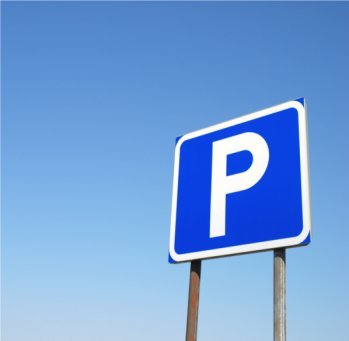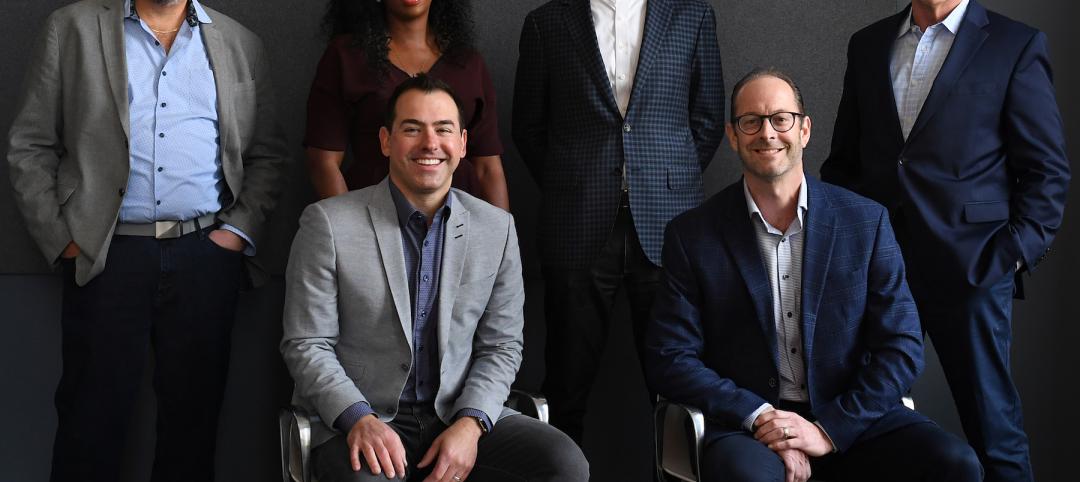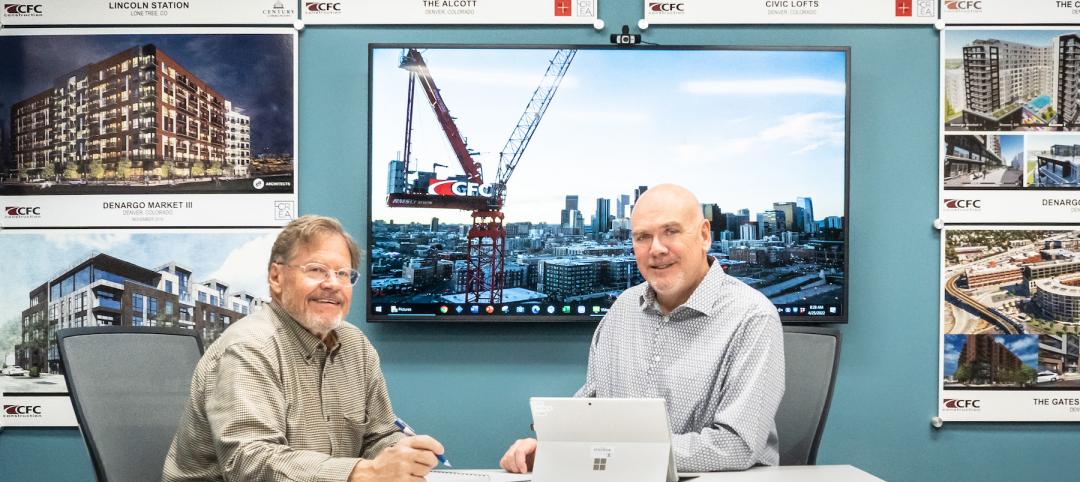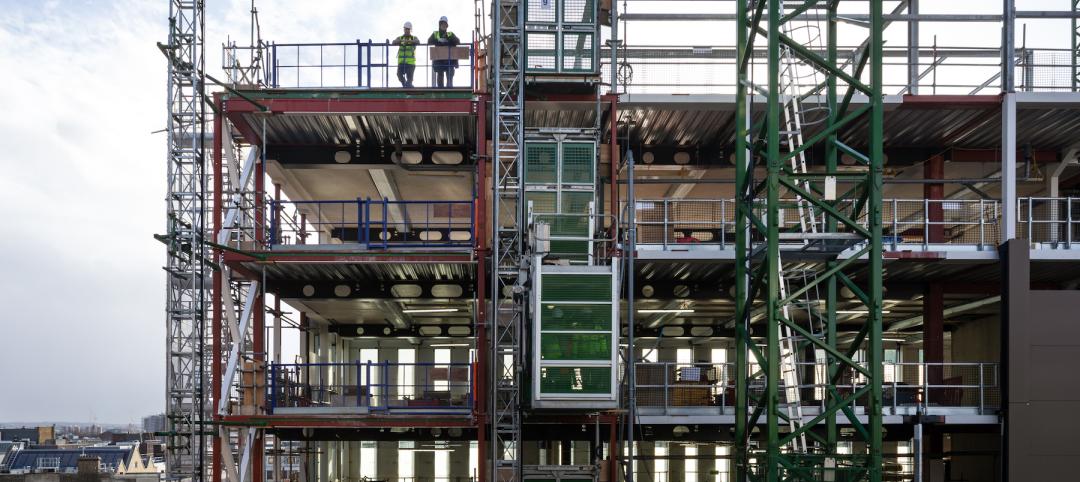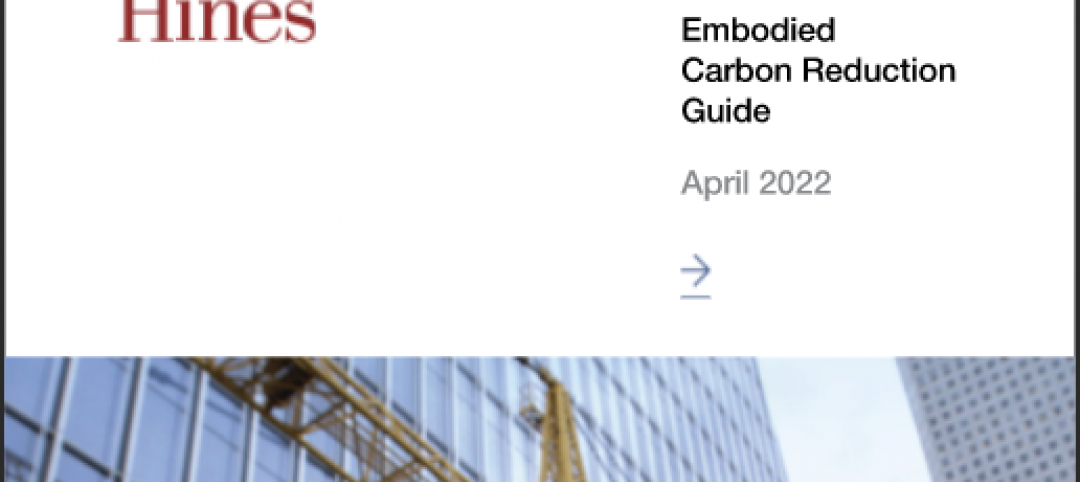According to the results of an industry-wide survey conducted by the International Parking Institute, increased demand for technology-related innovations account for half of the top ten trends in today's $30 billion parking industry. Among them, cashless, electronic, and automatic payment systems; real-time information about parking rates and availability via mobile apps; and wireless sensing devices for improved traffic management.
"Parking is all about mobility and connectivity," said Casey Jones, CAPP, chairman of the International Parking Institute (IPI), the world's largest association representing parking professionals and the parking industry. Jones shared results of the 2012 Emerging Trends in Parking Survey at the IPI Conference & Expo in Phoenix, Ariz. this week where more than 2,500 attendees, 220 exhibitors, and parking pros from 25 countries convened.
Jones says survey results reflect the demand for technology, sustainability, revenue-generation, and customer service that are converging to earn the industry new respect from Wall Street, Silicon Valley, and every drivable place in between, as forward-thinking planners come to the realization that parking matters to the design of more walkable, livable communities and to broader transportation issues.
More than one-third of those surveyed see the demand for green or sustainable solutions as a top trend affecting the parking profession. It is estimated that about 30% of the cars circling a city at any given time are doing so as drivers look for parking. Aside from the frustration factor, those cars are creating traffic congestion, viewed by survey respondents as being the single most significant societal change affecting the parking industry. From an environmental standpoint, that translates to incalculable amounts of wasted fuel and carbon emissions.
According to respondents, the number one strategy for making parking more sustainable is energy-efficient lighting, followed by parking space guidance systems that aid in finding parking faster, encouraging alternative travel, automated payment processes, solar panels, renewable energy technology, and accommodating electric vehicles.
An increased focus on customer service is another significant trend cited.
"Parking professionals are continually striving to make the parking experience better," says IPI Executive Director Shawn Conrad, CAE. He explains that the parking industry has expanded to serve cyclists, those who car-share, those en route to shuttle buses or light rail, and even pedestrians who benefit from parking facilities that serve as mobility connectors.
A chief problem seen by survey respondents is one those in the parking profession are working hard to correct: decision makers need to consult parking experts earlier in the planning process to prevent a myriad of design issues and other problems later on. When surveyed about the most common avoidable mistakes, respondents cited such issues as "lack of vision to invest in mass transit systems to handle large movements of people," "inefficient layout and poor aesthetics," "failure to think about parking in the planning stages," and "overlooking important issues such as water and power sources, snow removal, entry/exit functionality, and how and by whom the facility will be used."
Survey results showed a dead heat between urban planners, local government officials, and architects as those who most need to better understand parking and all its complexities.
When asked where parking would best fit as a course of study at an academic institution, nearly half of respondents suggested that parking should become part of the curriculum at schools for urban planners. Runners-up were schools where business and public policy is taught.
The 2012 Emerging Trends in Parking Survey was conducted in May 2012 among parking professionals by the International Parking Institute (IPI) and released at IPI's Conference & Expo. Results were tabulated and analyzed by the Washington, D.C.-based Market Research Bureau. A complete report is available at www.parking.org. +
Related Stories
Legislation | May 4, 2022
Washington is first state to mandate all-electric heat for new large buildings
Washington recently became the first state to require all electric heat for new buildings.
Building Team | May 4, 2022
Mancini Acquires Gertler & Wente Architects, Expanding the Firm's Opportunities in New Market Sectors
National design firm Mancini Duffy - with a 100+-year-old history and tech-forward approach based in New York City - announces the acquisition of Gertler & Wente Architects to further expand its footprint in the healthcare, multi-family residential, restoration, institutional, and religious sectors.
Contractors | May 4, 2022
CFC Construction names Pat Smith president
CFC Construction is proud to announce that Pat Smith has been promoted to President of the Colorado-based general contractor.
Sponsored | Healthcare Facilities | May 3, 2022
Planning for hospital campus access that works for people
This course defines the elements of hospital campus access that are essential to promoting the efficient, stress-free movement of patients, staff, family, and visitors. Campus access elements include signage and wayfinding, parking facilities, transportation demand management, shuttle buses, curb access, valet parking management, roadways, and pedestrian walkways.
Sponsored | BD+C University Course | May 3, 2022
For glass openings, how big is too big?
Advances in glazing materials and glass building systems offer a seemingly unlimited horizon for not only glass performance, but also for the size and extent of these light, transparent forms. Both for enclosures and for indoor environments, novel products and assemblies allow for more glass and less opaque structure—often in places that previously limited their use.
Architects | May 3, 2022
A U.K.-based design firm flaunts industrialized construction as it expands into U.S.
Bryden Wood wants to set up a network for manufactured components for repeatable building types.
Codes and Standards | May 3, 2022
American Institute of Steel Construction updates environmental product declarations
The American Institute of Steel Construction has released updated environmental product declarations (EPDs) “to help designers and building owners design more environmentally friendly buildings and bridges,” according to an AISC news release.
Education Facilities | May 2, 2022
Texas School for the Deaf campus gateway enhances sense of belonging for deaf community
The recently completed Texas School for the Deaf Administration and Welcome Center and Early Learning Center, at the state’s oldest continuously operating public school, was designed to foster a sense of belonging for the deaf community.
Codes and Standards | May 2, 2022
Developer Hines, engineer MKA develop free embodied carbon reduction guide
Real estate management and investment firm Hines has released the Hines Embodied Carbon Reduction Guide. The free guide, produced with Magnusson Klemencic Associates (MKA), is the result of a two-year effort, relying on MKA’s industry-leading knowledge of carbon accounting and involvement in programs such as the Embodied Carbon in Construction Calculator (EC3) Tool.
Building Team | May 2, 2022
HED and VAI announce merger to bring strategic expertise and drive community impact in Dallas
HED (Harley Ellis Devereaux), a leading national architecture and engineering firm, today announced a merger with award-winning, Dallas-based VAI Architects Incorporated (VAI).


